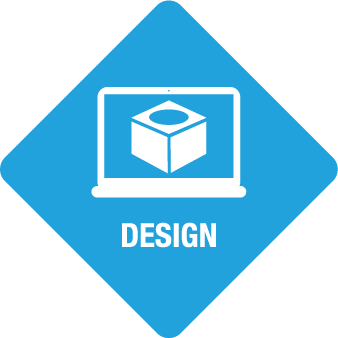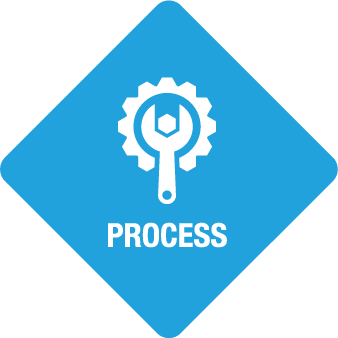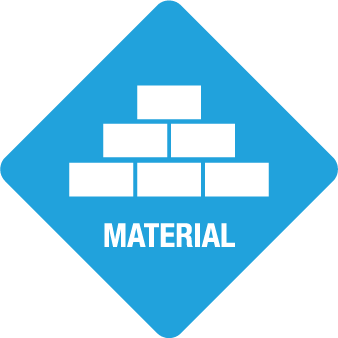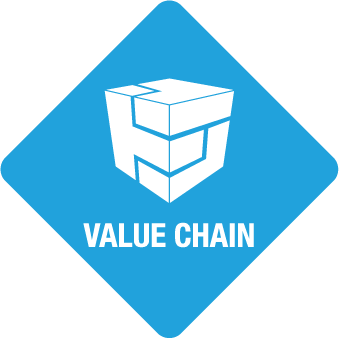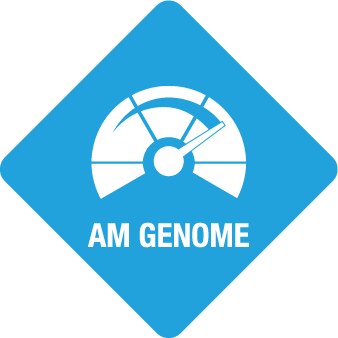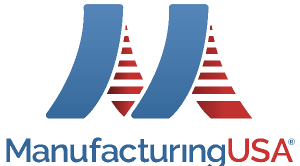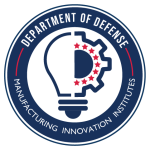To create this Technology Roadmap, America Makes held in-person workshops and activities where members engaged in a series of methodologies to generate and categorize industry needs. Working in teams, they documented hundreds of needs statements and identified affinities among them that ultimately converged on a curated set of project concepts.
America Makes Governance Board Members then convened to prioritize the project concepts and plot them on an impact-difficulty matrix. The outcome resulted in the successful identification by America Makes of concepts that are most suitable for public-private partnership projects, versus those that are better suited for industry to tackle.
The resulting America Makes Additive Manufacturing Technology Roadmap is broken down into the following five technical focus areas:
